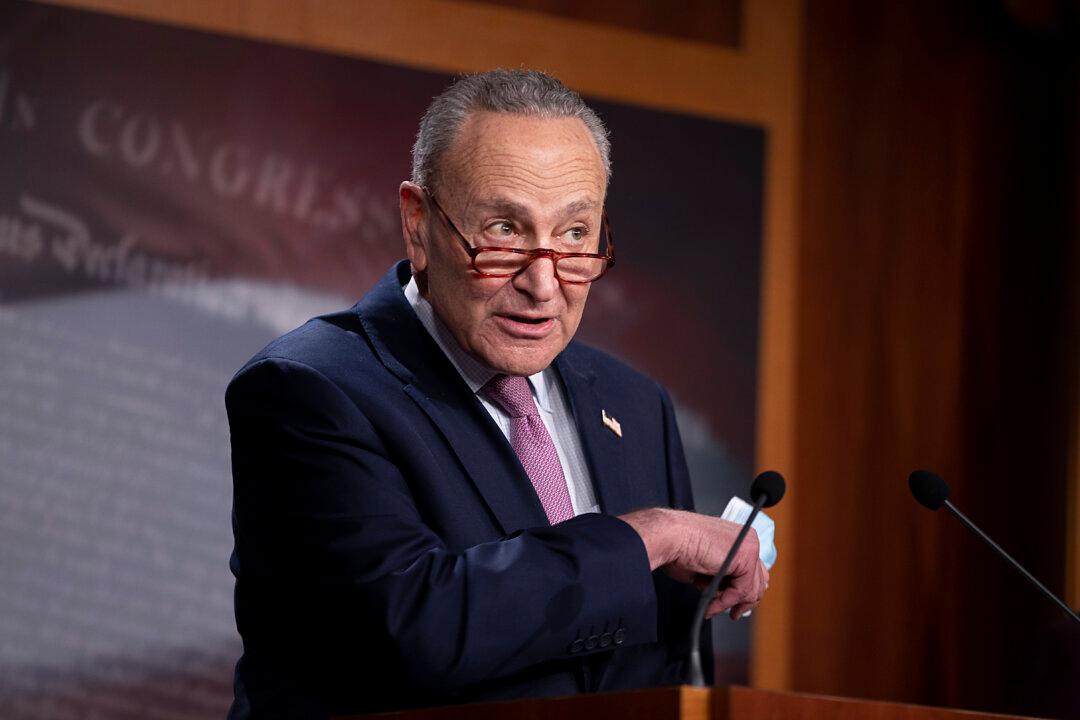After Vice President Kamala Harris swore in Sens. Jon Ossoff (D-Ga.) and Rev. Raphael Warnock (D-Ga.), giving Democrats the majority in the Senate, it means that Sen. Chuck Schumer (D-N.Y.) is now the majority leader of the Senate.
“As majority leader, President-elect Biden and Vice President-elect Harris will have a partner who is ready, willing and able to help achieve a forward-looking agenda,” Schumer said in a statement earlier this month after victory was declared for Ossoff and Warnock.





